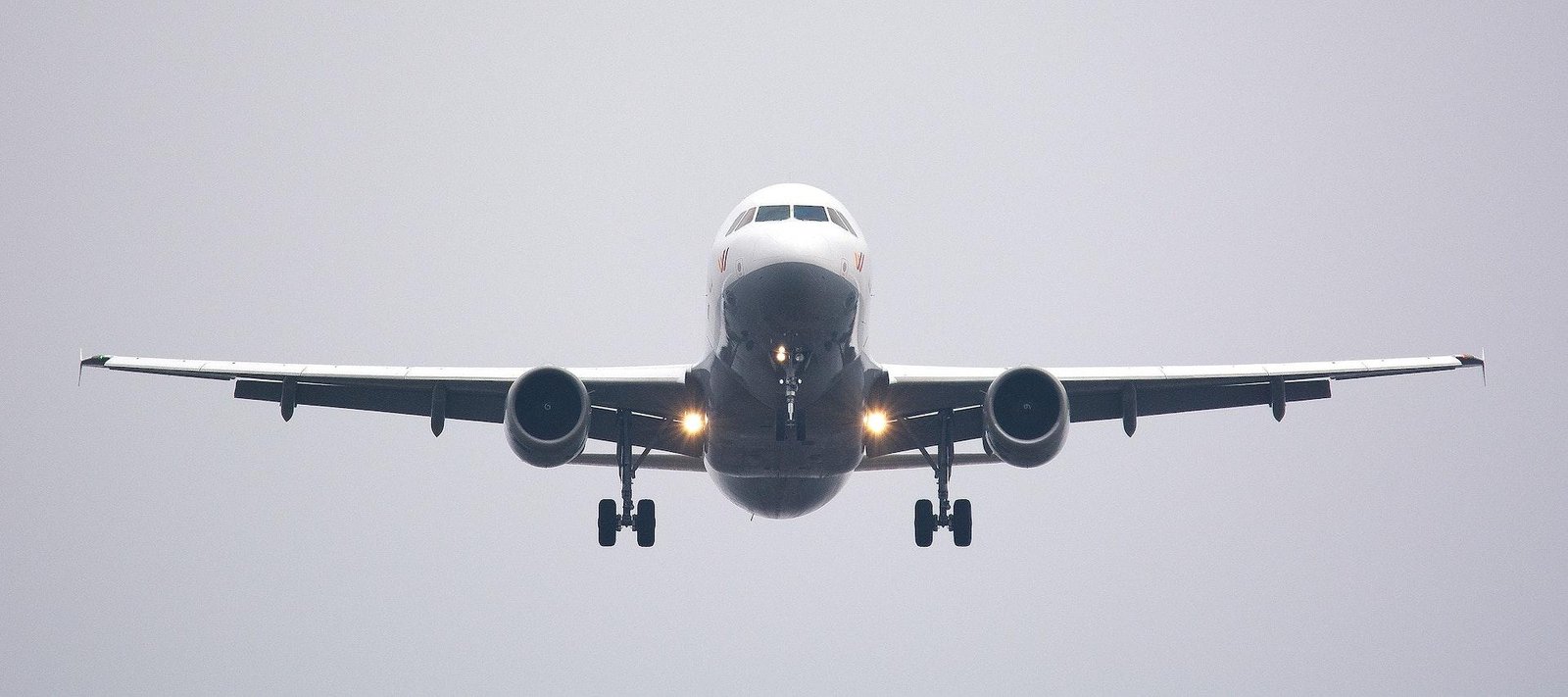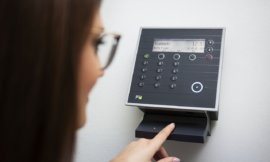AI has become a game-changer for several industries worldwide. Aviation is among the industries that have gained significantly from advancements in AI. Many airlines have adopted AI-based solutions to streamline operations, improve customer experience, and enhance efficiency. Let’s discuss how airlines can use AI in air travel to optimize their workings and deliver exceptional customer experience.
AI in Air Travel: How Can it Help Airlines Improve Customer Experience and Efficiency?
Quick Support via AI-powered Chatbots
Before we realized the true potential of AI, customer support involved companies hiring agents to manage client queries and complaints. This came with several limitations, e.g., the unavailability of support agents in the late hours of the day. However, with the help of AI-powered chatbots, airlines can offer their customers 24/7 support. AI-powered chatbots can offer customers immediate support and answer their queries about travel schedules, luggage, etc. Airlines can optimize their support by leaving minor issues and queries to AI-powered chatbots and forwarding complicated matters to human customer care representatives. This will help save time and enhance the overall customer experience and ensure that no customer has to wait hours to get their issues addressed.
Personalized Services
Personalized services are the key to elevating customer experience in any industry. AI can allow airlines to analyze data and leverage machine learning algorithms to gather information regarding customers’ travel history, preferences, and overall behavior. This information can empower airlines to offer personalized services and cater to every customer’s needs. Airlines can also use this information to tailor their services to the customer’s liking and deliver flight, destination, restaurant, accommodation recommendations, and other offerings accordingly.
Moreover, AI technology can empower airlines to use past travel experiences and feedback to personalize and improve customer experience. Let’s take the example of a customer who had traveled with the airline before and was unhappy with their lack of vegan food options. AI technology can offer insight into their feedback and allow the airline to redeem themselves by offering more personalized food options for that customer.
This will enhance the customer’s experience and allow the airline to get positive feedback, referrals and develop customer loyalty. Customers who feel valued and heard are more likely to become loyal to a business. Hence, in this case, this personalized experience may enable the airline to convince the customer to choose them as their go-to airline for all future travels.
Improve Airport Operations
AI can revolutionize how airport operations are conducted. Airports run based on several complex operations. AI technology can help optimize and enhance these operations allowing airports and airlines to save time and deliver exceptional customer service. For example, predictive algorithms can allow airports to leverage historical data to tailor and enhance immigration processes and security screenings. This can help airports and airlines reduce delays and conduct better resource allocation to enhance customer experience.
Enhanced Security and Crowd Management
AI has contributed significantly to enhanced airport security, helping airlines ensure a safe travel experience for their customers. Airports have been adopting video analytic AI-powered systems to optimize their security operations. These analytic systems can detect suspicious activity, pinpoint potential threats, and allow airports to conduct better crowd management.
AI-powered surveillance systems are now taking over airport facilities. These surveillance systems feature AI algorithms that can study data from security cameras to detect suspicious behavior. For example, these cameras have been optimized to detect threats like unauthorized access and unattended bags. In cases where these potential threats are detected, AI algorithms in surveillance cameras can send alerts to security, allowing airport security to take control of the situation.
Moreover, airlines can adopt facial recognition systems with AI power technology to enhance their identity verification abilities and improve security. This facial recognition technology can use data like facial features to identify individuals and potential suspects or persons of interest. They can also help streamline the identity verification process and save customers from the hassle of going through long queues at airports.
Streamline and Improve Baggage Handling
Misplaced or lost baggage can leave customers dissatisfied with airlines. Thankfully, with the help of AI-powered systems, airlines can now enhance their baggage handling abilities and ensure accurate and quick luggage routing. AI-powered systems can use passenger information and baggage tags to match the correct luggage to passengers and help minimize the chances of lost luggage. Moreover, AI-powered robots can also reduce the amount of manual labor required and empower airlines to conduct more streamlined luggage handling. These robots can quickly transport luggage from check-in to loading locations, helping reduce instances of human errors.
Enhance Efficiency through Employee Satisfaction
Besides helping achieve customer satisfaction, airlines that adopt AI technology to streamline their operations can also improve employee satisfaction. AI-powered technology can help reduce the workload of airline staff and allow them to focus on more important and customer-centric tasks. This can empower airlines to boost employee retention and reduce turnovers. When employees are happy, they are more likely to give their best at work, helping improve the airline’s operations.
Predictive Maintenance
Many people may overlook AI’s ability to help enhance aircraft maintenance. AI technology can help analyze data from aircraft engine sensors and other components to identify potential maintenance problems helping tackle them before they become larger concerns. This predictive maintenance system can empower airlines to enhance customer safety and stay on top of regular maintenance measures, helping reduce unwanted disruptions and flight cancellations due to maintenance issues. Airlines can also leverage these AI systems to assure customers about their safety practices and encourage more people concerned about flight safety to travel with them.
AI in Air Travel: Final Verdict
AI is the future of air travel. It can help enhance customer experience through personalized services, improved airport operations, better crowd management, and baggage handling, and also contribute to improved efficiency through predictive maintenance and employee satisfaction.
We would like to hear from you. If you want to read similar content, leave us suggestions here on potential topics, and we will update the space accordingly.




